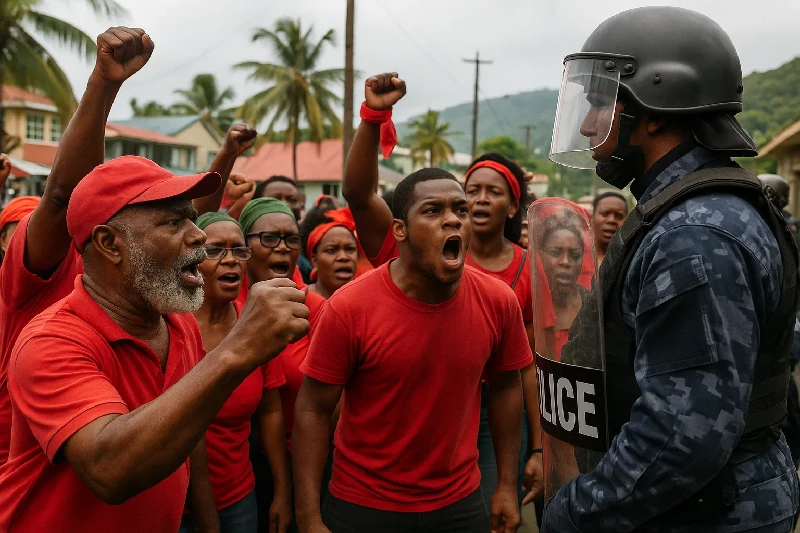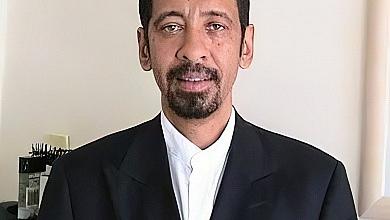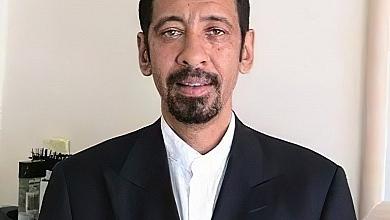
The Riot Act and the Question of Who Gets to Speak in Dominica
At the recent Dominica Bar Association forum, a panel of seasoned legal professionals met to examine the Riot Act, an archaic piece of legislation still looming over public expression in a country that calls itself democratic. What unfolded was not a polite academic review, but an unflinching interrogation of how this law continues to shape power, protest, and people’s ability to be heard. The law was dissected not only for its historical baggage but for its ongoing implications in Dominica’s civic life.
A Law Built on Fear, Not Rights
From the beginning, it was evident that the law’s defenders were in short supply. Though some acknowledged the need for mechanisms to maintain public order, even that argument felt hesitant under scrutiny. The very structure of the Riot Act, which allows any gathering of twelve or more people to be labeled unlawful if a public proclamation is read, was described as far too blunt an instrument. The law makes no distinction between peaceful and violent assemblies. It applies the same heavy hand whether citizens are holding candles or placards. The concern was not merely hypothetical, it was framed around recent events in Roseau, where protests over electoral reform sparked legal actions and public debate.
One speaker grounded the legal challenge in constitutional terms, noting that any restriction on assembly must pass strict standards of necessity, reasonableness, and proportionality. The Riot Act fails these tests, not just in letter but in spirit. It assumes threat where there is merely presence. It demands obedience before understanding context. The implication is clear: the law operates on a presumption of disorder, and that presumption often falls hardest on the very people trying to exercise their rights.
Colonial Machinery in a Democratic Era
The conversation also turned to the colonial legacy of the legislation. Participants reminded the audience that this law, like others embedded in post-colonial legal systems across the Caribbean, was designed not to empower but to control. In fact, it was born in an era when enslaved and colonized peoples were denied the right to gather without suspicion. That history still shadows Dominica’s legal system. Invoking examples from the 1970s, speakers referenced how such laws were once used to suppress cultural and political movements, reinforcing the point that the Riot Act is not neutral, it is shaped by a history of silencing.
That history is not just theoretical. As one participant pointed out, if you gather for a silent vigil and your group exceeds a dozen people, you could technically be in violation of the law. No intent to incite, no disturbance, just your presence in public could be enough. In practice, this means peaceful demonstrators risk being treated like agitators. The absurdity of it was laid bare. Another speaker reflected on how the law compels protestors to seek approval from the very institution they are protesting against. In a democracy, that arrangement is more than ironic, it’s perverse.
Vague Language, Dangerous Powers
The matter of interpretation was raised as well. The language of the Act is so vague,terms like “riotous” and “unlawful assembly” are left to the judgment of police officers or administrators in the moment. That’s not just legally problematic; it invites arbitrary enforcement. Without clear definitions or safeguards, the door is left open for selective application based on politics, class, or bias. The question then becomes not whether the law can be abused, but how often it already has been.
The most powerful critiques came from those who linked the law to lived experience, recalling how public order laws have been used not to manage violence, but to extinguish dissent. In one particularly pointed reflection, a speaker likened today’s enforcement to past eras of suppression. The message was unsettling: Dominica may have changed governments, but it hasn’t yet shed the instruments of control those governments inherited.
The Case for Repeal, Not Reform
I am glad the conversation didn’t end in despair. Several on the panel spoke of hope for legislative reform, a complete repeal of the current Act and the drafting of modern public order laws grounded in rights, not fear. These laws would need to reflect international human rights standards, including distinctions between types of gatherings, proportional use of force, and the centrality of intent. Importantly, such reform would mark not just a legal shift but a cultural one: the recognition that protest is not a threat to democracy, but a vital expression of it.
As the event wrapped up, the audience was reminded of how much power law has, not just to punish or protect, but to shape how people understand their place in society. The Riot Act teaches Dominicans that silence is safer than speech, that compliance is better than conviction. It reinforces a culture of restraint rather than one of engagement. That’s not the law of a confident democracy. That’s the residue of a nervous state.
In that room, there was consensus, spoken and unspoken, that the Riot Act no longer belongs in Dominica’s statute books. The only question left is whether the political will exists to finally let it go. Because no law that criminalizes prayer vigils, townhall meetings, or peaceful outrage deserves to claim it protects the public. It protects power. And power, without public scrutiny, is never safe.
This article is copyright © 2025 DOM767








